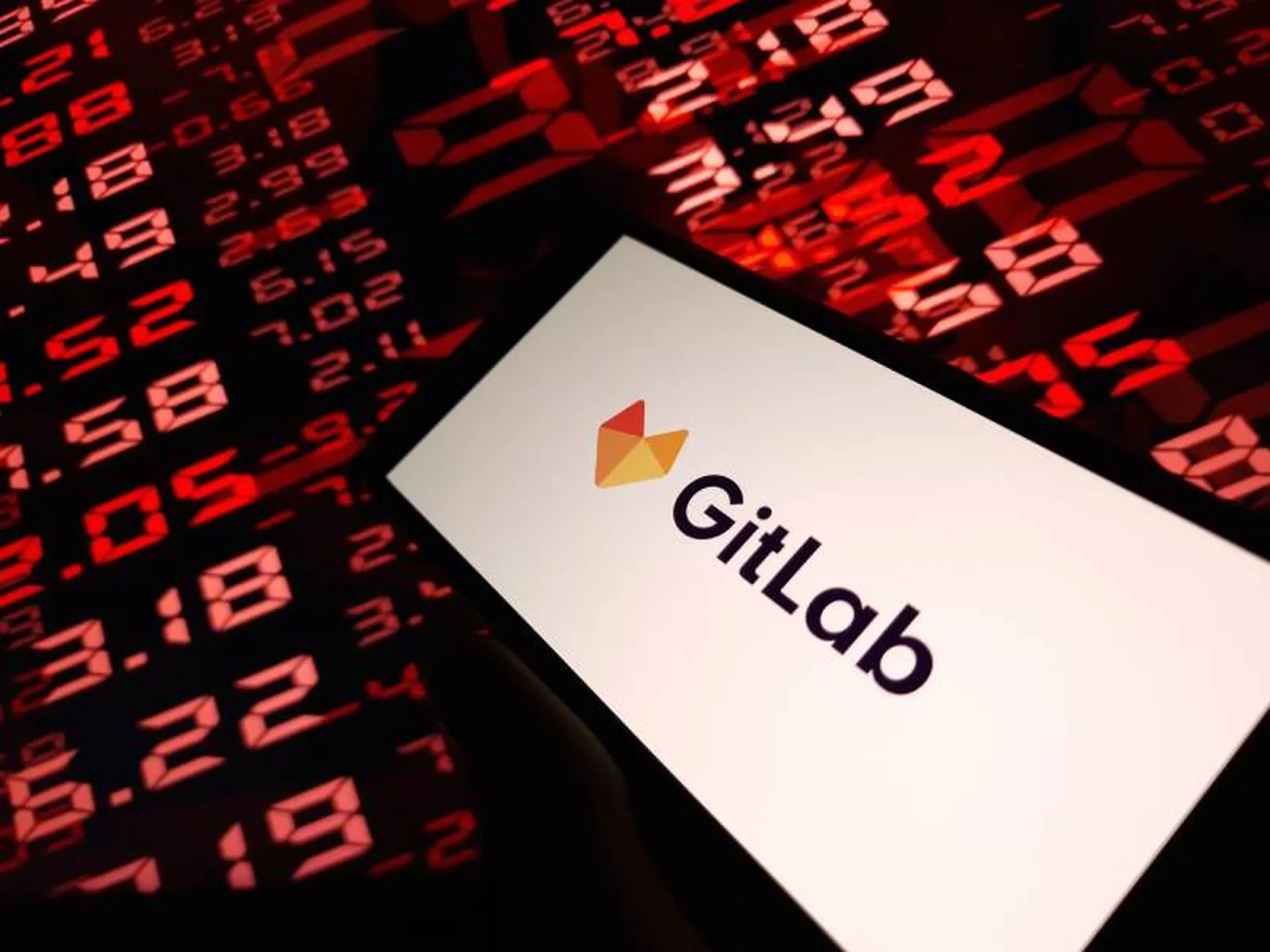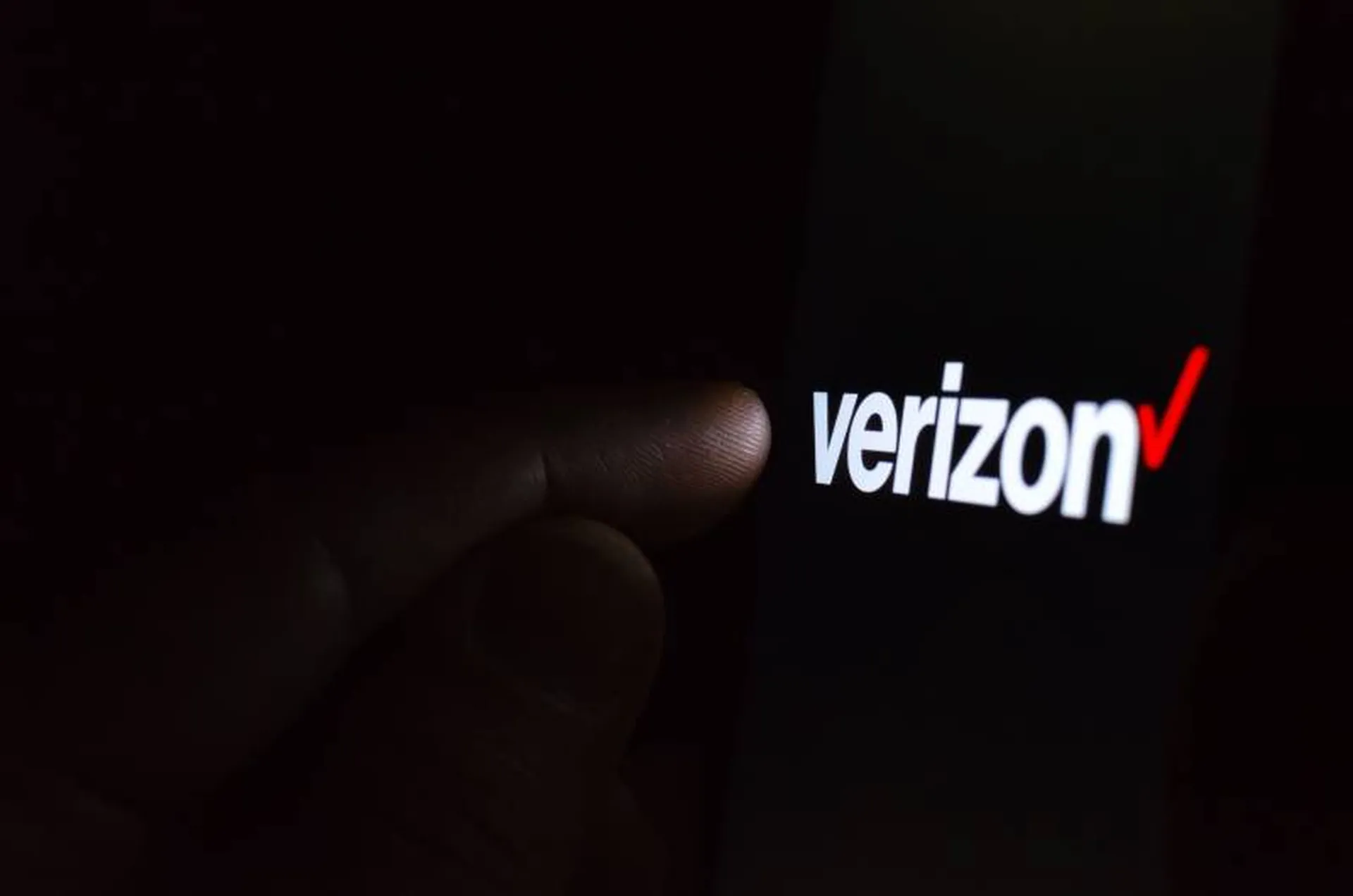New phishing campaigns have been targeting verified Twitter users amid Twitter CEO Elon Musk's announcement of the platform's plans to charge $8 per month for Twitter Blue and account verification, according to BleepingComputer.
Threat actors have been leveraging a false sense of urgency in the phishing emails that prompt verified users to enter their Twitter accounts to avoid being suspended. Such emails were from hacked website and blog servers which could have hosted vulnerable WordPress instances, noted BleepingComputer.
Targets clicking the link in the phishing email will be redirected to a webpage indicating an $8 monthly fee for verification that collects Twitter credentials.
Another phishing campaign using the same tactic has been found to be more convincing due to its use of an email that more closely resembles Twitter's branding.
The latest campaigns follow previous phishing scams aimed at verified users, as well as the targeting of blue badge accounts for cryptocurrency scams.
Vulnerability Management, Email security
Verified Twitter users targeted by new phishing campaigns
SC StaffRelated Events
Get daily email updates
SC Media's daily must-read of the most current and pressing daily news



